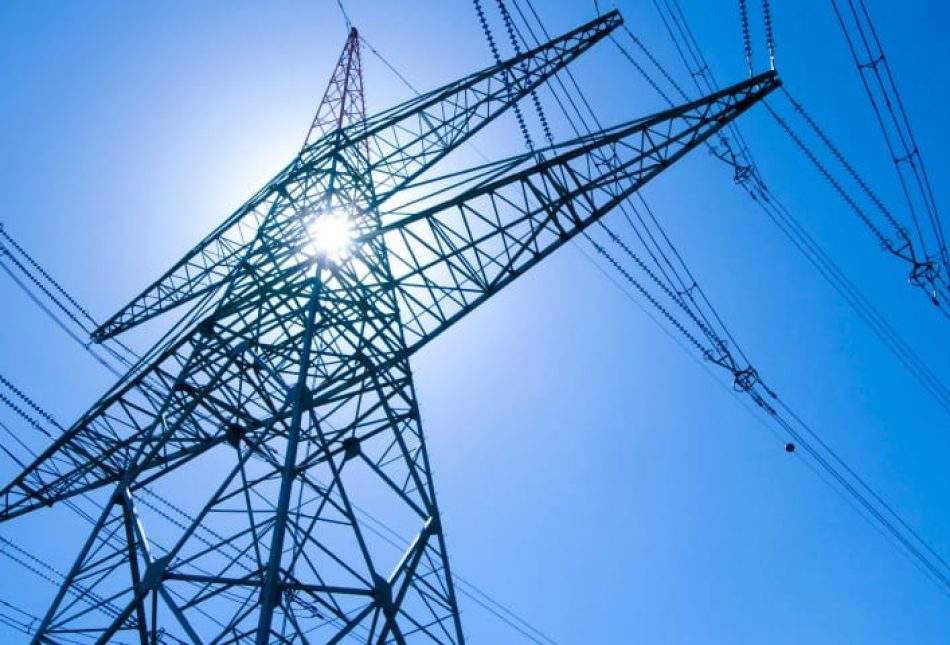Bingaman-Domenici Energy Bill Bad for Taxpayers, Motorists

New Mexico’s Senators recently celebrated a major “success” when the Energy Bill passed the United States Senate. As an important energy-producing state and with the Bingaman the Chairman and Domenici the Ranking Member on the Energy Committee, New Mexico has more than a little at stake in and more than a little influence over energy policies coming from Washington.
Unfortunately, the legislation that recently passed the Senate and which will soon be considered by the House of Representatives will hurt New Mexico’s energy industry while driving prices at the pump higher for the rest of us. One would think that our elected leaders being from an important energy leader would be able to do better, but that is apparently not the case.
What is so bad about the Energy Bill? First and foremost it creates a new target of producing 36 billion gallons of renewable biofuels by 2022, up from 8.5 billion gallons per year in 2008. While outraged beef producers and other corn users managed to prevent even greater reliance on corn-based ethanol, the legislation demands grasses and agricultural waste be used for 60% of the increase.
Essentially, Congress is mandating that nearly 17 billions of fuel be produced using technology that doesn’t even exist or that has been used on such a small scale that no one knows if large-scale production can be achieved. The fact is that corn is better suited to large-scale ethanol production than grasses and other untapped sources of biofuels, but we already use more energy to produce ethanol from corn than is produced, the new mandate only multiplies the problem.
Another issue with the Energy Bill is that it raises Corporate Average Fuel Economy Standards of 35 miles per gallon by 2020. According to the United Auto Workers union, this could threaten the jobs of 17,000 US autoworkers. While this may not directly impact New Mexico, Congress’ habit of passing laws that hurt domestic producers and benefit foreign companies is not good for our economy.
Of greater direct impact to New Mexicans is the fact that this mandate will raise car prices by $1,000, disproportionately affecting pickup trucks and other work vehicles so popular in rural areas of the state.
Lastly, the Energy Bill contains prohibitions on the supposed practice of “price gouging.” While price gouging – even in times of chaos such as immediately after hurricanes – almost never occurs, this is really Congress’s way of shifting the blame for high gas prices to the oil and gas industry. It is Congressional regulations on everything from drilling in Alaska to refineries that increases prices at the pump, not “greedy” businesses.
While there is much to dislike in the Energy Bill, it could have been even worse. The original bill would have created a renewable energy standard requiring utilities to produce 15 percent of their power from renewable sources, such as wind, solar or ethanol, by 2020. While Governor Richardson claimed that this provision would have actually benefited the state, he fails to understand that wind and solar are simply not consistent enough to rely on for a large percentage of our nation’s energy supply.
Considering that more than half of the six percent of the nation’s energy supply comes from hydroelectric, efforts to produce 15 percent of the nation’s electricity from these minor, heavily-subsidized, and relatively inconsistent energy sources is a fool’s errand.
Thankfully, another provision that would have increased taxes by $29 billion on oil companies was also killed. Since oil companies would have simply passed along their higher costs to consumers, motorists should be relieved that this hidden tax increase was defeated.
The fact is that we’d all be better off with no energy bill than we will be assuming this bill or something like it ultimately passes. Politicians love to believe that we need a “national energy policy” and that we need their wisdom to force us to make the correct choices. In reality, consumers operating in a free market make far better decisions than politicians isolated in their offices in Washington.
Perhaps someday our Senators will abandon their desire to force their energy preferences on us, but I doubt it.
Paul Gessing is President of the Rio Grande Foundation, a non-partisan, tax-exempt research and educational organization dedicated to promoting prosperity for New Mexico based on principles of limited government, economic freedom and individual responsibility.
